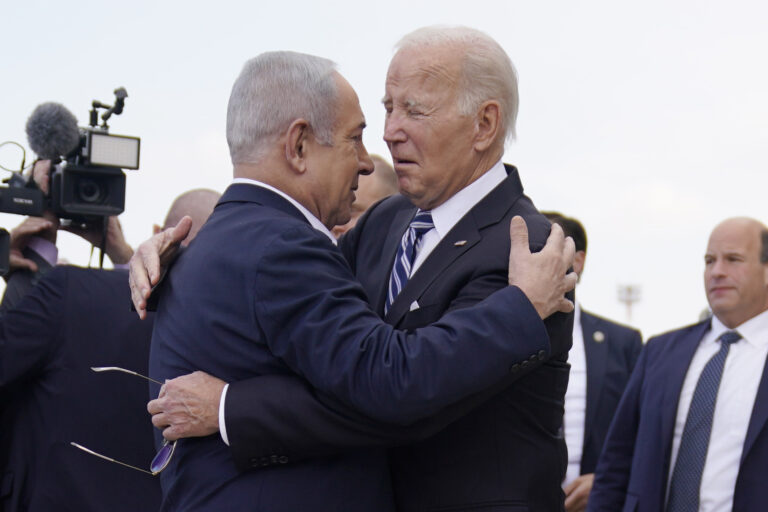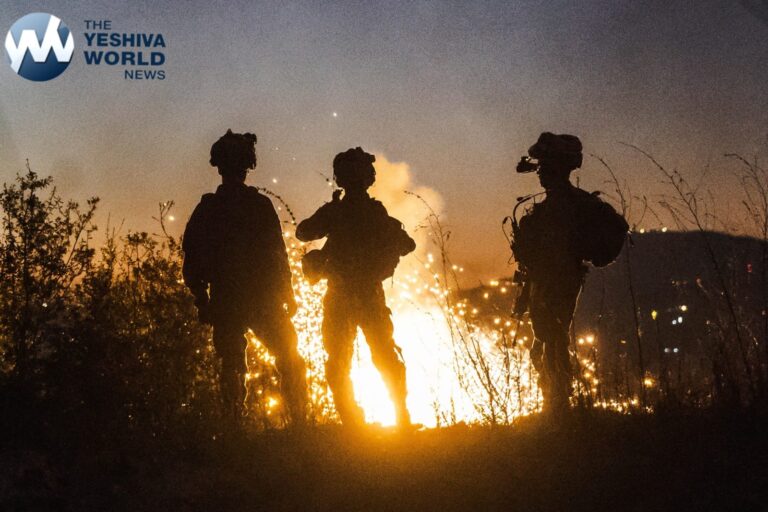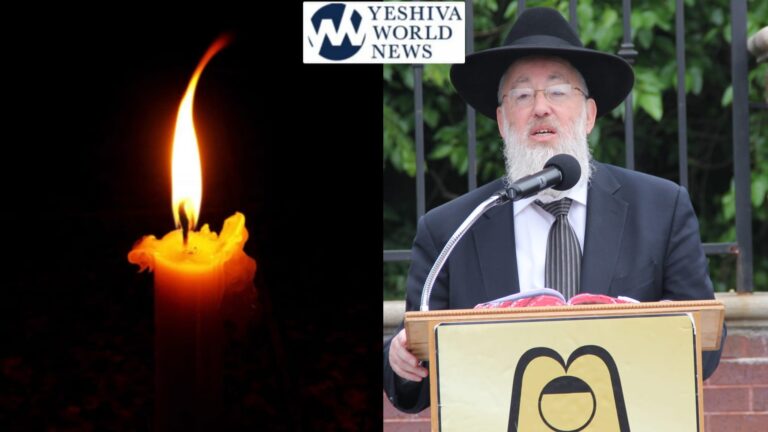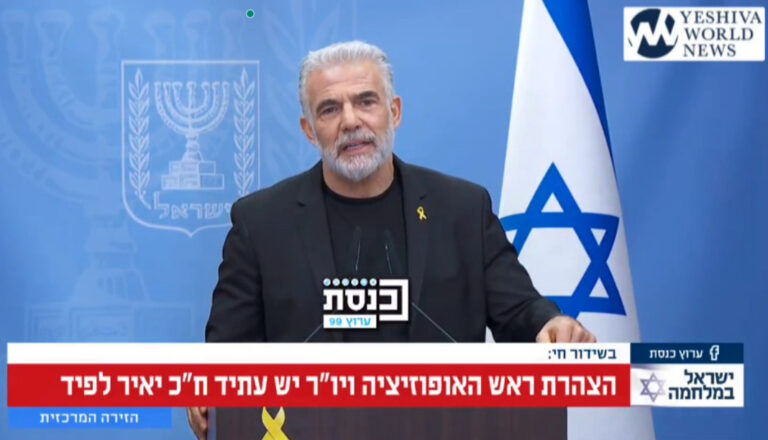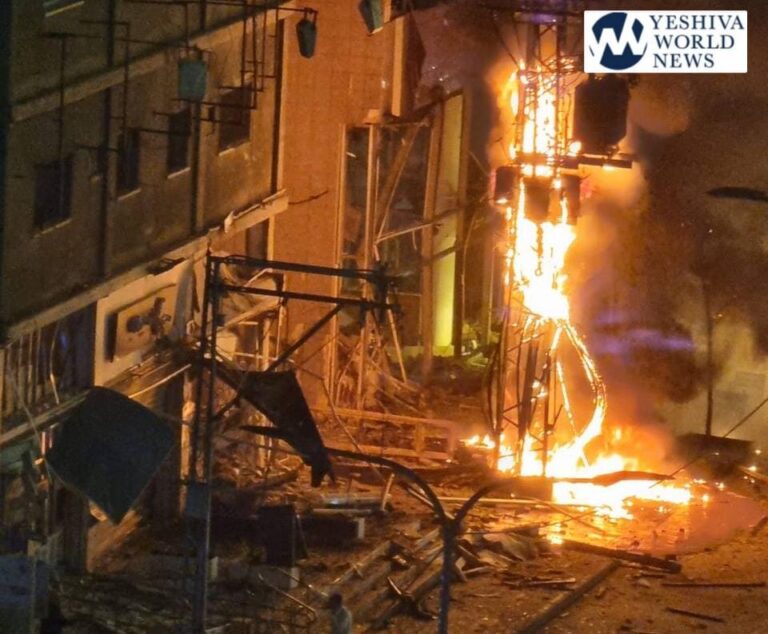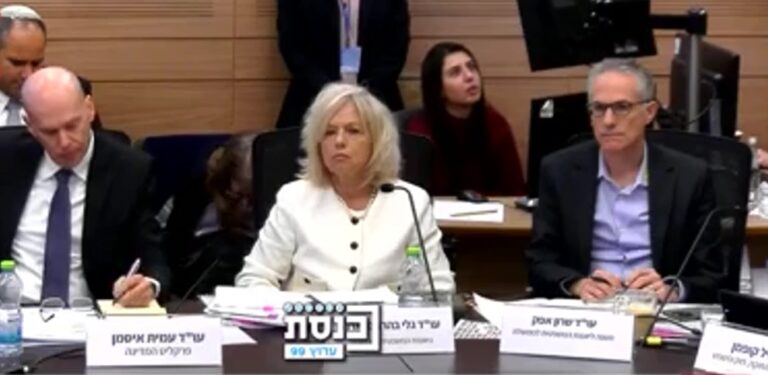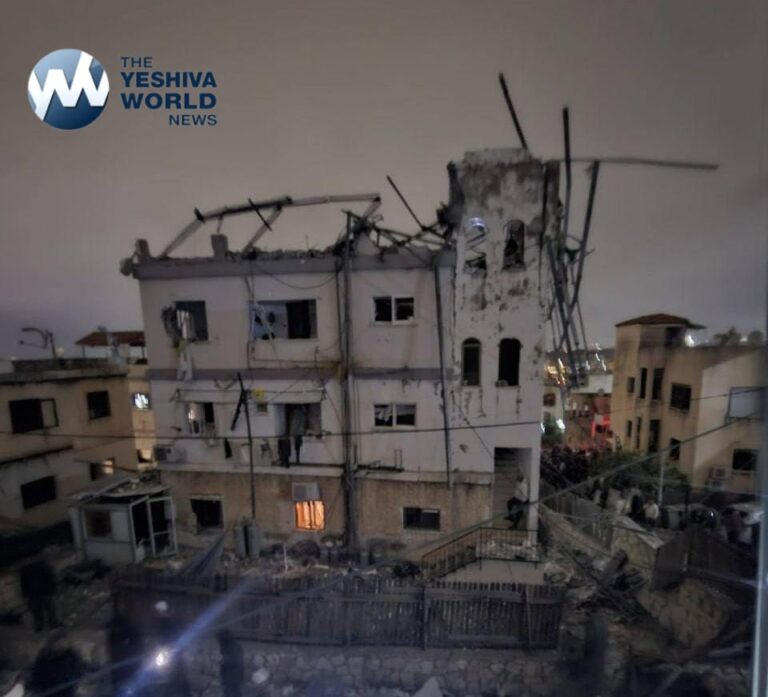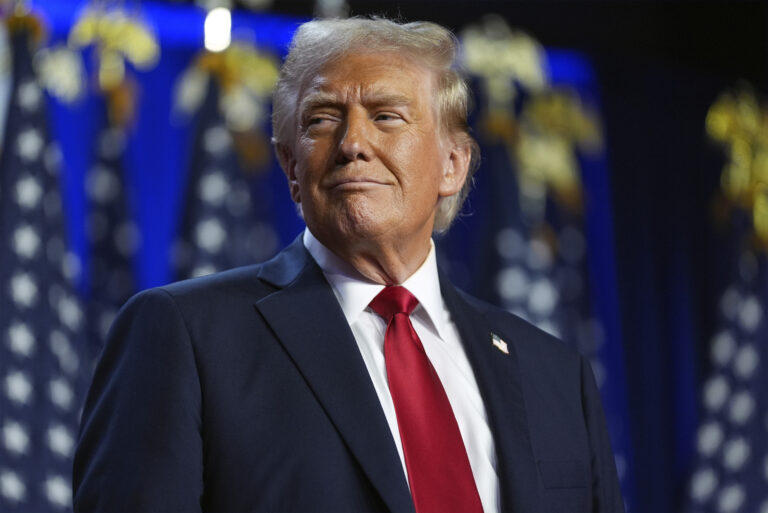 An ailing, 83-year-old Hosni Mubarak, lying ashen-faced on a hospital bed inside a metal defendants cage with his two sons standing protectively beside him in white prison uniforms, pleaded innocent to charges of corruption and complicity in the killing of protesters at the start of his historic trial on Wednesday.
An ailing, 83-year-old Hosni Mubarak, lying ashen-faced on a hospital bed inside a metal defendants cage with his two sons standing protectively beside him in white prison uniforms, pleaded innocent to charges of corruption and complicity in the killing of protesters at the start of his historic trial on Wednesday.
The spectacle, aired live on state television, was the biggest humiliation for Egypt’s former president since his ouster nearly six months ago after an 18-day uprising. But it went a long way to satisfy one of the key demands that has united protesters since Feb. 11, the day he was toppled.
It was the first time Egyptians have seen Mubarak since Feb. 10, when he gave a defiant TV address refusing to resign.
In the courtroom, a prosecutor read the charges against Mubarak — that he was an accomplice along with this then-interior minister in the “intentional and premeditated murder of peaceful protesters” and that he and his sons received gifts from a prominent businessman in return for guaranteeing him a lowered price in a land deal with the state.
“Yes, I am here,” Mubarak said, raising his hand slightly when the judge asked him to identify himself and enter a plea. “I deny all these accusations completely,” he said.
Mubarak was wheeled into the defendant’s cage on a hospital bed, a sheet pulled up to his chest. Though he was pale and his eyes were ringed with red, he appeared alert and aware of what was going on. He showed little discernible emotion. With him in the cage were his nine co-defendants, including his two sons — one-time heir apparent Gamal and wealthy businessman Alaa — his former interior minister Habib el-Adly, and six top former police officials.
From time to time, Mubarak craned his head to see the proceedings. Other times, he crooked his elbow over his face as if in exhaustion. While the other defendants sat on wooden benches in the cage, Gamal and Alaa in their white prison uniforms stood next to their father’s bed, at one point with their arms crossed on their chest seemingly trying to block the court camera’s view of their father. The two sons each carried a copy of the Quran and leaned over to talk to their father.
(Source: Washington Post)

